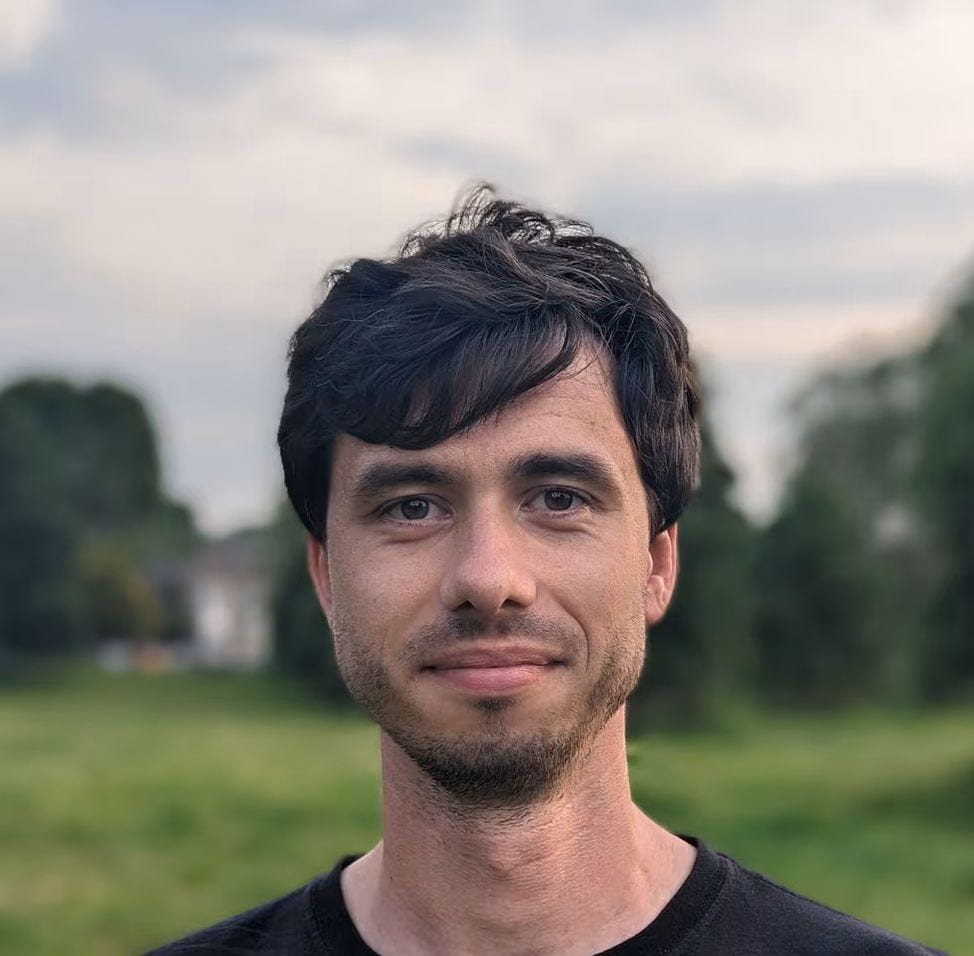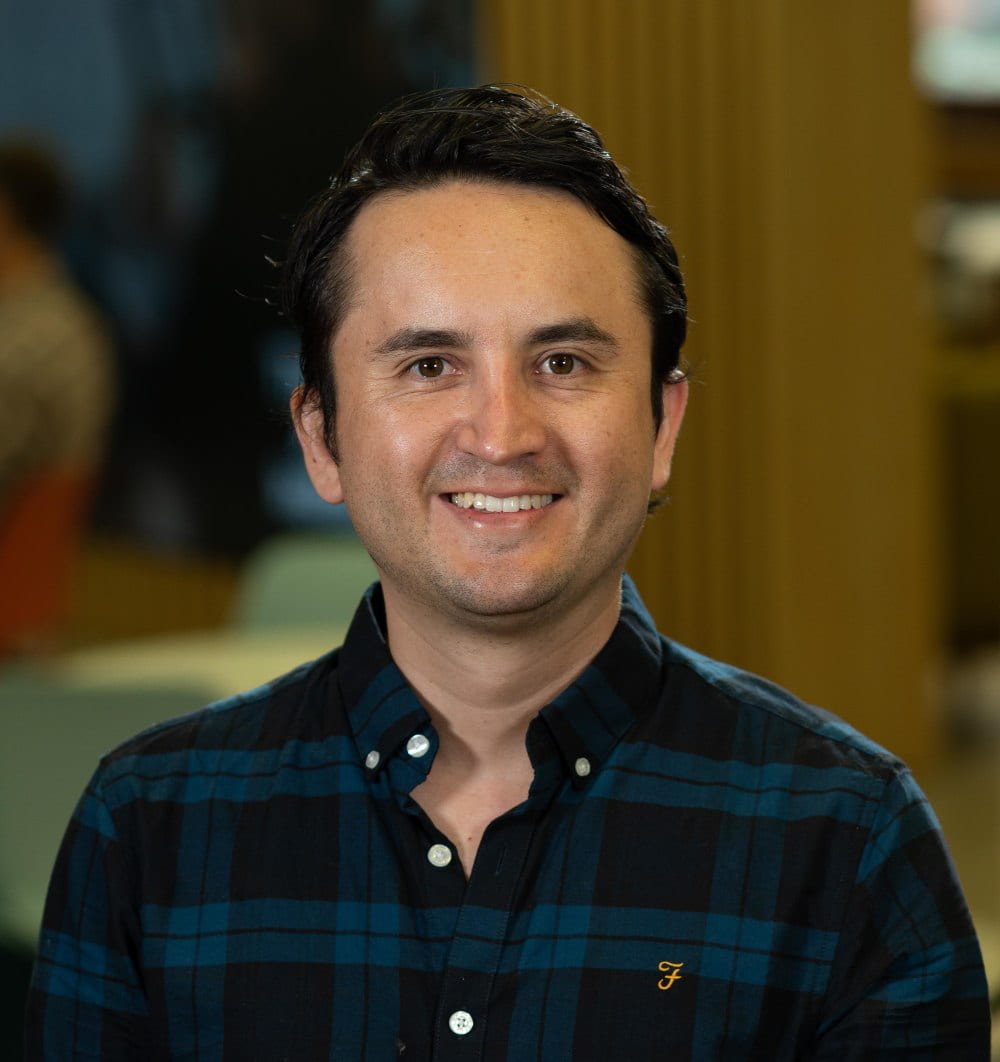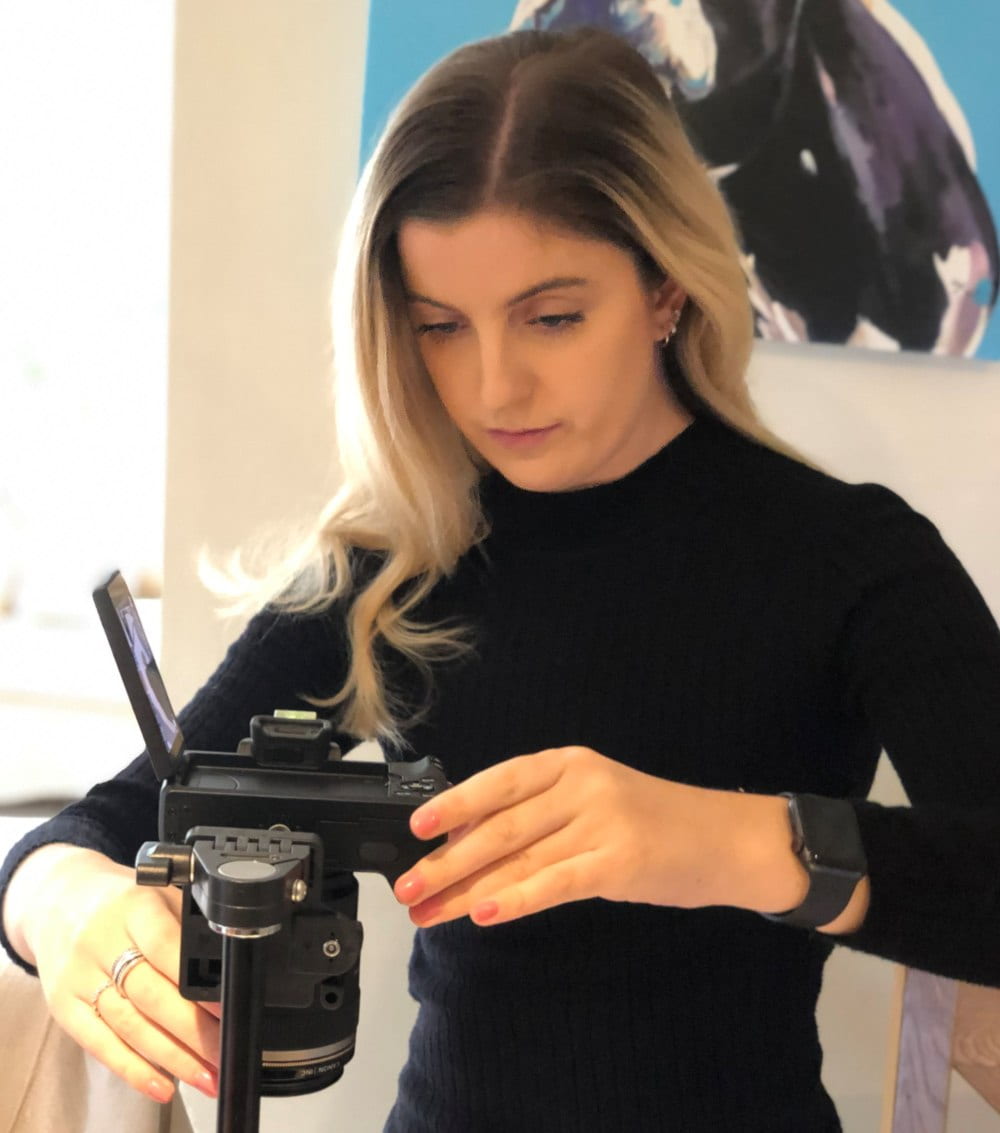The winners of the 2024 Dorothy Bishop Prize are Nicholas Wise, Alejandro Coca Castro and Lucy Timbrell.
We were delighted to welcome Dorothy Bishop herself to the UKRN annual meeting to announce (in random order) this year’s winners.
Dorothy said: ‘It’s a huge pleasure to be here to announce the winners of the Dorothy Bishop prize which was created in 2021 to celebrate the contributions of early career researchers working to promote open research and improve research culture.’
Dorothy provided context and reflection on the activities of the winners. We have also included their biographies and responses.
Nicholas Wise – Nominated for his work uncovering fraudulent “paper mills” that sell authorship of scientific papers.
In 2022, Nick was featured in Retraction Watch, as “a sleuth whose work has resulted in more than 850 retractions”, based on his development of an algorithm to identify unusual patterns of email addresses shared by authors. Subsequently, he found an entire economy, ecosystem of Facebook groups, Whatsapp groups, Telegram channels selling authorship for papers, selling citations, selling book chapters, which made it possible to provide firm evidence of papermill activities which may be more effective at stirring publishers into action than other approaches. He also started a Twitter account @author_for_sale where he reports some of the advertisements he has found. This work was featured in a commentary in Nature last year. Earlier this year, Nick was featured in a commentary in Science regarding a new and concerning aspect of papermills that he had discovered: bribing of journal editors and planting fake editors on editorial boards. To quote from that piece: “one publisher (was heard to) say it ‘had to sack 300 editors for manipulative behavior.'” Overall, it is frankly astounding how one ECR with no funding for this work has singlehandedly achieved the downfall of numerous papermill users and owners by clever detective work on the internet.
Learn more about Nicholas’s work here
Alejandro Coca Castro – Nominated as the founder of the Environmental Data Science Book.
Thanks to his hard work and vision the EDS Book is one of the flagship projects of the Turing’s Environment and Sustainability Grand Challenge. Alejandro has developed major collaborations with researchers at the British Antarctic Survey, Met Office, the Science and Technology Facilities Council, and Cambridge University. Alejandro has patiently laid the groundwork to showcase the impact of open science, reproducible research, and inclusive collaboration. He has been a co-chair of The Turing Way Translation and Localisation working group, seeking to ensure that researchers in his home country of Colombia, and others in the Global South, have all the opportunities they need to participate in Environmental Science research.
Learn more about Alejandro’s work here
Lucy Timbrell – Nominated for collaborative research models in archaeological practice, through the use of digitization and 3D printing.
Lucy had the misfortune to be starting a PhD that required Archaeological field work just as the 2020 pandemic lockdowns occurred. Rather than despairing, Lucy turned this into a unique opportunity to revolutionise field-based research. Data collection should not necessarily have to lie in individual (often foreign) researchers visiting far away artefact collections or archaeological sites: Lucy showed how it can benefit from dramatic increase in collaboration and African-led data collection and curation. This involved producing scientific protocols for standardizing the digitization of stone tool artefacts using photography and physical measurements, working together with researchers, curators and students in African institutions. But this approach threw up a further issue about reliability of measurement: to address this Lucy developed 3D printed replicas of a stone tool reference collection and documented the extent of inter-observer variability in measurements from these.
Learn more about Lucy’s work here
Congratulations to everyone nominated, those shortlisted and the three winners. The Dorothy Bishop prize is a wonderful opportunity for UKRN to recognize and celebrate early career researchers working within open research.




